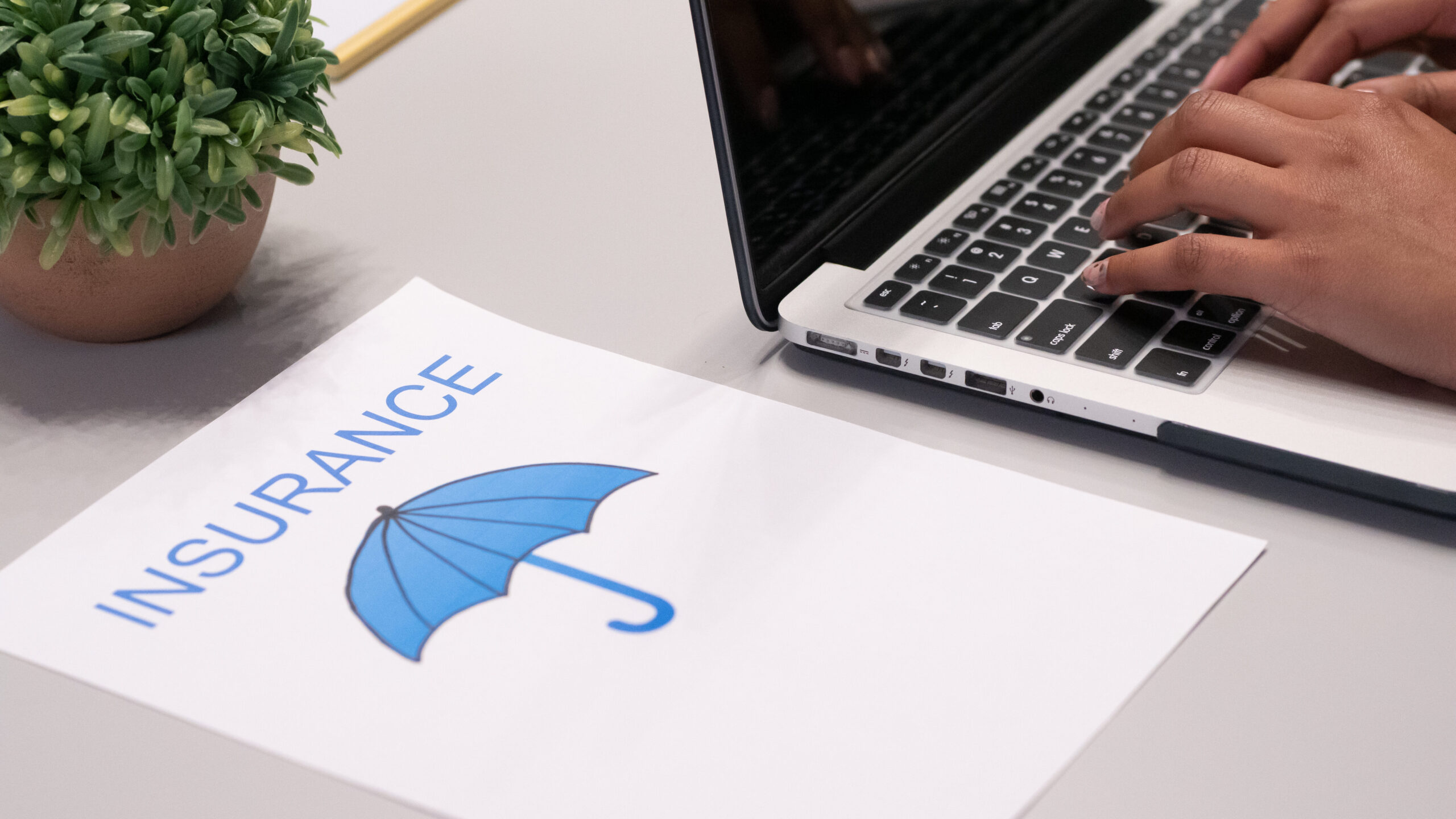
In the last few episodes, I covered developing plans and habits to grow wealth, but life isn’t always going as per plan. There will be emergencies or unexpected circumstances. We need to make sure those won’t set us back and ruin our lives. Hence it’s critical to have plans to protect yourself, your loved ones, and your wealth.
If you approach a financial planner, typically he/she will enforce this protection as the foundation of one’s life, before taking on any other investment vehicles. However, there are so many insurance products in the market, where should we start? Here is my view (from a non-professional insurance salesperson).
1. Medical Insurance
A medical emergency is the most common emergency we face in our lives. Almost every person will have surgery experience. Without medical insurance, this can be very costly. Shop for a good plan with a reputable insurer, and start it when you are young and healthy so you can get a good premium.
2. Income Protection Insurance
After you settle the medical insurance, you can move on to the next one: income protection insurance. I think it’s very important to understand what is your goal with this insurance: you want to make sure if something unexpected happens to your family’s future income streams, the family can still have a normal life. So priority is to protect the main income earner.
Many insurance salespeople simply call this ‘death insurance’ and ‘critical illness insurance’, in my view this is not good enough. They don’t explain the purpose of the insurance well, and you might end up buying life insurance for each member of the family (even your 1-year-old son) as you think by doing so you are “protecting” your family well. No, in my opinion, you are wasting money. I will explain more about this in the next episode.
3. Long-Term Care Insurance
This insurance is becoming more and more popular and useful today (as the population ages). Please consider this as part of your plan.
4. Self-insure with Emergency Fund
Last but not least, this needs to be part of everyone’s plan. You will need to set aside some liquid-able assets (cash or short-term bonds) as an ‘emergency fund’ for unexpected events. You might lose your job, or have a dental emergency that might not be covered by your other insurance. If both spouses are working full-time, I will suggest the size of the emergency fund be at least 3 months of living expenses; if only one person is working, the emergency fund needs to be 6 months of living expenses. Don’t play with your emergency fund.
在过去几个章节里我讲了很多关于积累财富计划和习惯的方法,可是生活往往不跟着计划走,会有意料之外的紧急时刻。我们要确保这些意外不会轻易毁掉我门的生活。所以需要有计划来保护我们自己,我们的家人和财富。
如果你问一个财务规划师,他/她通常会强调保险是人生的基石,要在投资之前先把基石垫好。可是市场上这么多种保险,要怎么下手?下面是我的观点(从一个非职业保险经纪的角度)。
1. 医疗保险
医疗意外是我们生活中最常遇到的意外。几乎每个人都有手术开刀的经历。没有医疗保险你可能会有很高的医疗费用。去找一个可靠的保险公司的医疗保险吧,最好是在你还年轻身体健康的时候,这样保费不会太高昂。
2. 收入保障保险
当你解决了医疗保险之外,下一个是收入保障保险。我认为要清楚地认清这个保险的用意:你要确保如果家庭未来的收入源出了意外,这个家庭还是可以继续生活下去的。所以要保护家庭的主要的收入者。
很多保险经纪简单地称呼这类保险为“人寿险”或是“重大疾病险”,在我看来是不够好的。他们没有解释清楚保险的目的,你可能会最终给家里每个人买了一份人寿或重疾险(甚至包含你1岁的孩子)以为你把家人都保护的很好了。其实不然,在我看来你是在浪费钱。我会在下章具体讲下这个话题。
3. 长期照护保险
这种保险现在越来越流行和必要(在整个社会老龄化下),请考虑购买一份。
4. 自我保险(应急资金)
最后,应急资金是每个人必须要有的。你需要一些可一很快变现的财产(现金或是短期债券)来应付生活中的意外。你可能会失业,或是有个紧急的牙科手术(你的医疗保险不包含)。如果你和你的配偶都在工作,我会建议至少保留3个月的月开销的资金来应急。如果只有一个人工作,那要保留6个月的开销的资金。不要随便动你的应急资金。
#insurance #financialfreedom
For other topics on financial intelligence, you can find it here https://nickandmoney.com/category/fi/
Follow me on Twitter: https://twitter.com/nickandmoney
nick and money – improve your finances and wellbeing